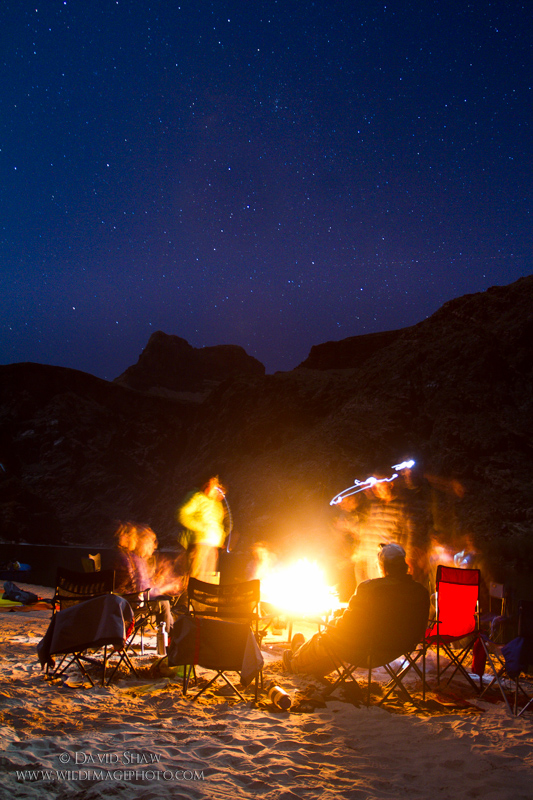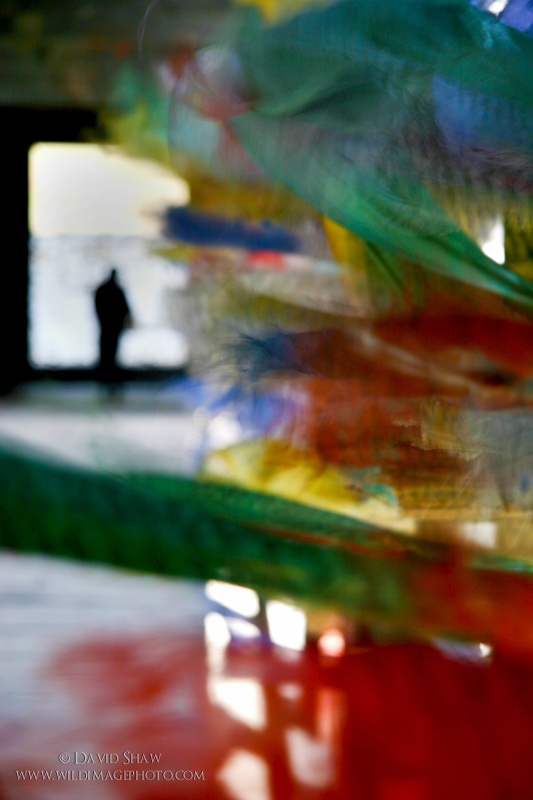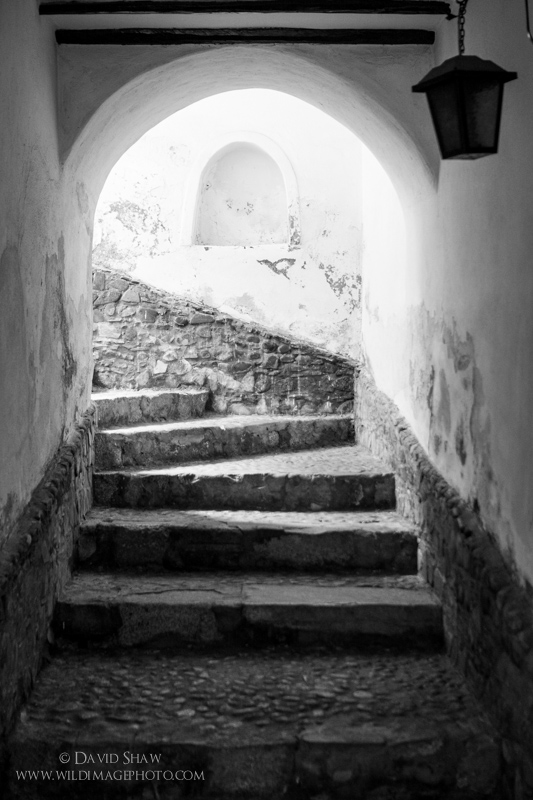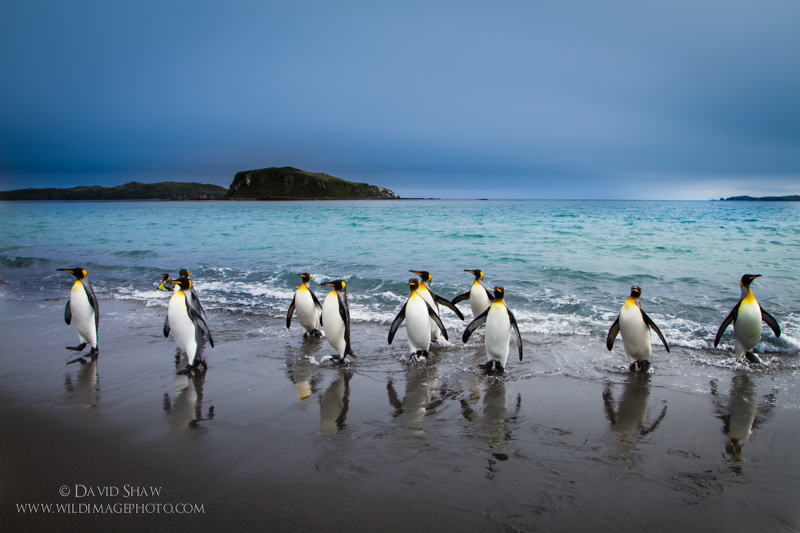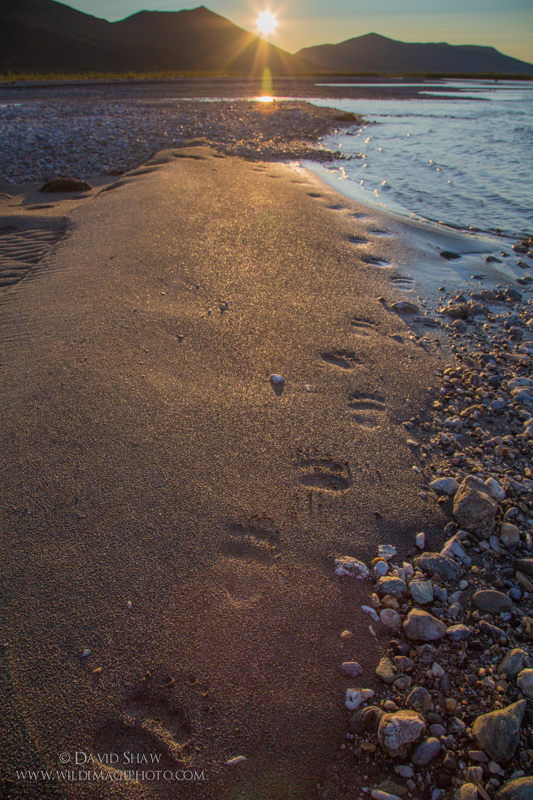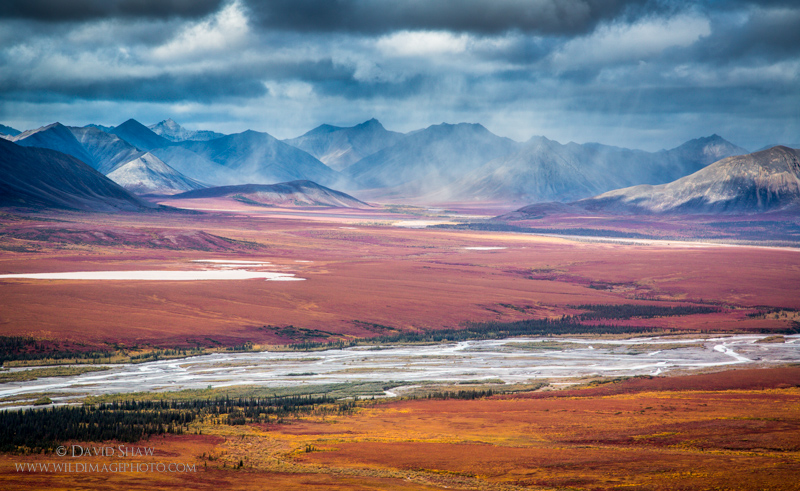If you are at all involved in the the artistic world online or elsewhere, you’ve likely heard the refrain: “Tell stories, tell stories, tell stories.” And it’s good advice too. Successful images, successful writing, even successful marketing campaigns tell compelling stories. Photography is a great tool with which to storytell, but isn’t always straight forward. Pick up any issue of National Geographic. While some of the images in those pages are full of color and drama, scenery and wildlife, other images are quiet, and subtle, yet compelling. At first glance we might not realize why the image draws us in, but if we pay attention, the story emerges.
Right now I am writing and writing, assuring I meet deadline for an issue of Photographic Magazine that I’m working on. The articles are instructional of course, but in the midst of the technical “How-to” advice I’m trying to emphasize the importance of the story. An image can be perfectly executed with perfect light and exposure and yet still be lacking. I’m running the risk of waxing lyrical here, but I think you get the point: Stories are important, but telling them isn’t easy. Here are a few of my images and some thoughts on them:
Some stories require very little imagination, like the one told in this image of a campfire during a trip down the Grand Canyon. It’s simple and straight-forward with little sense of mystery.
Others perhaps are a bit foggier and up for interpretation. For example, what is happening here? I made this image in 2008 on a bridge over the Paro River in Bhutan. The prayer flags are bright and fluttering washes of color. But in the background, juxtaposed with the color and motion is a dark silhouette of a figure. Is it ominous or hopeful? Without context, the story here is up to the imagination of the viewer.
We automatically relate to humans in images. We empathize or sympathize with the characters. Here we leave the people, but retain an obviously human element, a dark corridor and stairs rising to the daylight. Here, the character (the photographer) is implied in the story, as they climb the stairs, round the corner, and pass out of what we see in this photo. (This image is from the colonial area of La Paz, Bolivia.)
Here we leave people entirely behind and replace them with animals. I photographed these King Penguins emerging from the ocean on the Salisbury Plains of South Georgia Island. It isn’t a big jump from humans for us to relate to these penguins. We can imagine what they are up to, fresh and clean from the ocean, a stormy sky in the background.
While this image has no humans or animals, the passing of the Grizzly Bear remains the core of the story. I made this image on the Noatak River in Gates of the Arctic National Park, during a paddling trip last August.
And last we remove both human and animal subject matter and are left with a natural landscape. Here the story being told is in large part up to the viewer. We have the elements of the scene to go on: autumn colors, a river, lakes, mountains, and an approaching storm. The story here could be one of the lonely landscape, geologic processes, changing seasons, or from the perspective of the photographer. Straight landscape images such as this benefit greatly from context. That context can come from words or supporting images. Would your interpretation of the image and the story being told change if you knew I made this photo while scrambling rapidly down a mountainside? My nerves running high, wondering if my clients and I would be hit by that nasty weather before we reached the comfort of our riverside camp? Because that is exactly what was going on when I shot this.
Stories told through images are often the most compelling when we they aren’t shoved in the face of the viewer. Instead its important to leave an element of mystery, to leave our audience wondering, like a clliff-hanger, what will happen next.
Related posts:
Despite a promising forecast for last night, the aurora did not burst t...
The shortest days of the year have brought along a solid cold snap here in ...
Under bright blue skies and intense sun, huge mushing teams took to the...

